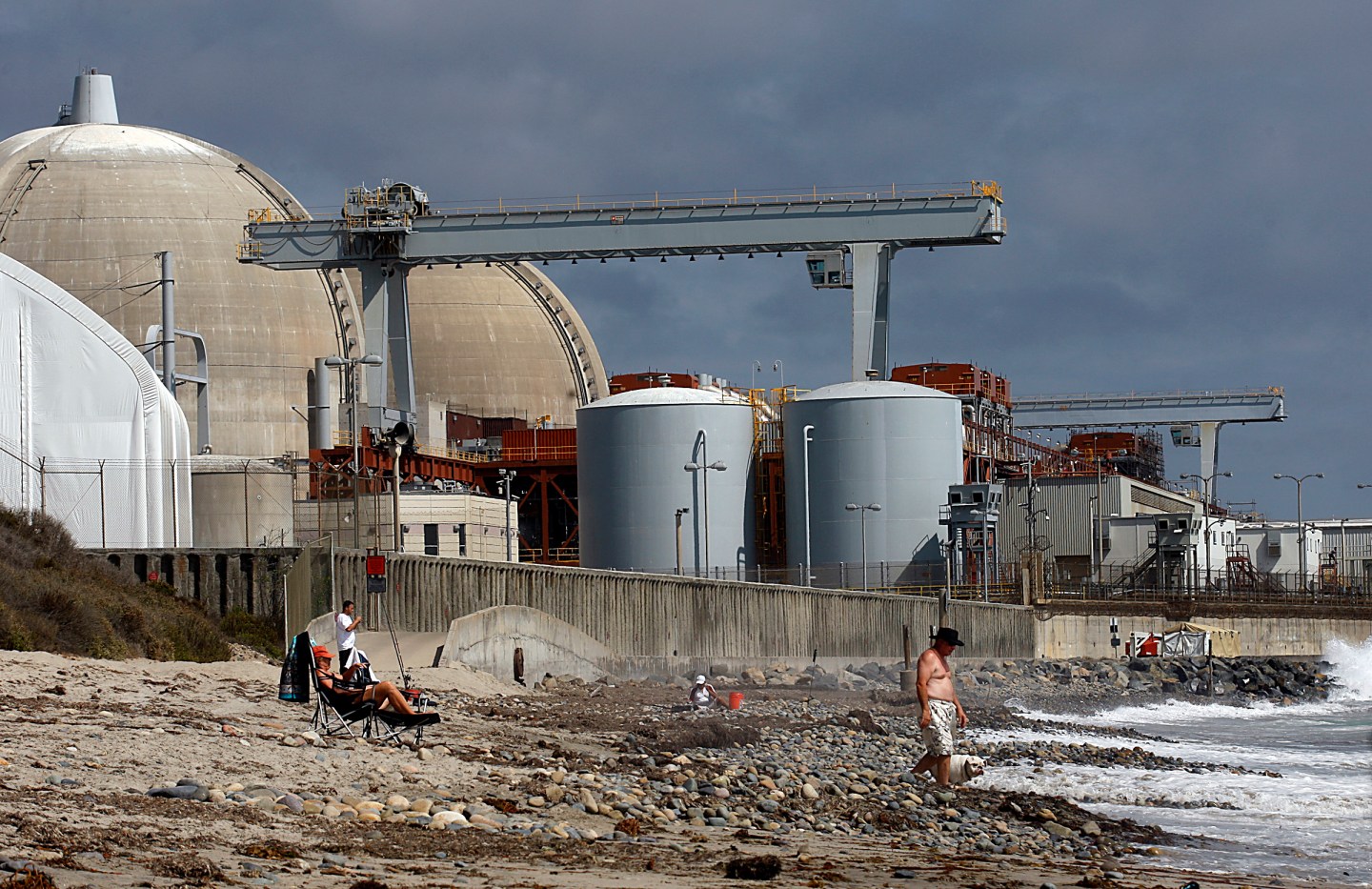French water and waste giant Veolia announced on Wednesday that it’s acquired a startup called Kurion that’s developed technology that cleans up nuclear waste.
Veolia said in a press release that it plans to pay $350 million for the eight-year-old company, based in Irvine, Calif. Fortune’s Dan Primack says in his Term Sheet newsletter this morning that a source close to the situation says the deal is actually closer to $365 million.
The outcome is a huge win for Kurion and a rare success for a cleantech startup that was backed early by venture capitalists in Silicon Valley. The company raised just $5 million from investors Lux Capital, Firelake Capital Management, and Acadia Woods Partners. Lux Capital worked closely with founder John Raymont to form the company.
Technology that cleans up radioactive nuclear waste is of growing interest in countries, like France, that plan to decommission aging nuclear reactors. It will also be a valuable tool in countries, like China, that are aggressively planning to build new nuclear plants.
Kurion has been building and acquiring technology that makes the process of cleaning up nuclear waste less expensive, easier, and much faster. Originally the company developed a substance that can soak up nuclear particles and shrink them down to a tiny size so they can be encapsulated.
Sign up for Data Sheet, the tech industry’s daily newsletter.
Many nuclear reactors, particularly ones using older technology, need to be constantly cooled using water. When a nuclear disaster happens, this water can become contaminated with radioactive waste. Kurion’s material helps clean up this contaminated water.
The common way to clean up nuclear waste is to enclose it in glass, which is a process called vitrification. Kurion’s original material makes the process of vitrification much easier.
A few years ago, Kurion bought the assets of a company called Impact Services, gaining vitrification technology in house through the deal, and becoming a sort of one stop nuclear cleanup shop. Late last year Kurion also bought a robotics company called Oxford Technologies, which enabled its cleanup process to become more automated.
Why nuclear is still a booming business:
The real game changer for Kurion happened in 2011 when the company won a deal to clean up the nuclear disaster Fukushima in Japan. The company was the only startup chosen by the struggling Japanese utility TEPCO to work on the cleanup team. In the months after the cleanup, Kurion said it had removed 70% of the radioactivity from the waste water at the Fukushima nuclear plant.
The deal brought Kurion enough revenue to become profitable and to acquire the technology it wanted. In 2012, Fortune called Kurion the “most successful greentech startup you haven’t heard of.” Reuters reports that Kurion now has annual sales of $100 million and over 200 employees.
Using the nuclear cleanup tech, Veolia says it could add annual revenue of between $350 million to 400 million by 2020. About $250 million of that could come from nuclear waste treatment, and between $100 million to $150 million of that could come from decommissioning nuclear plants.












